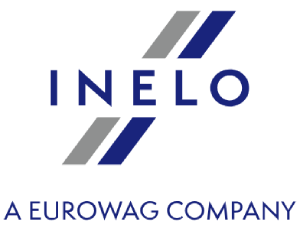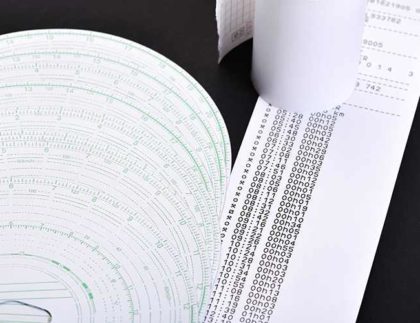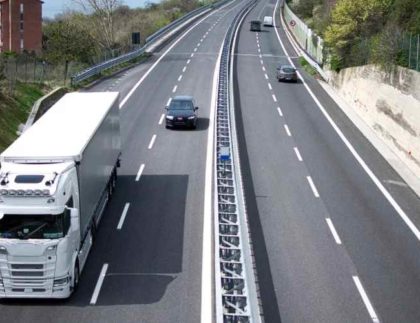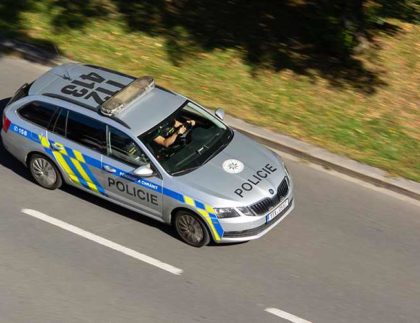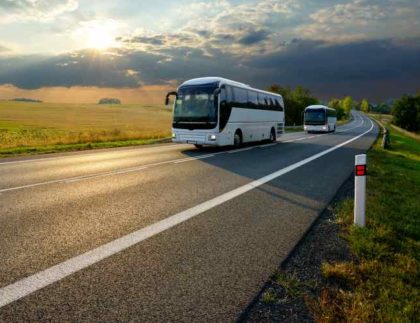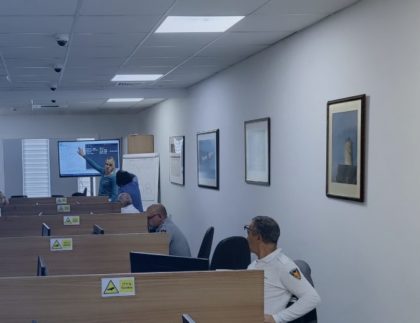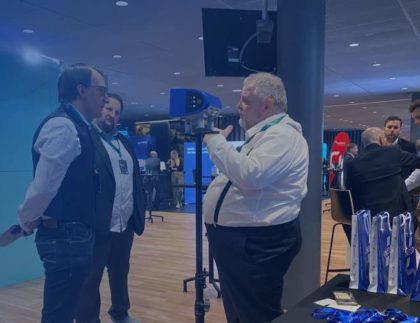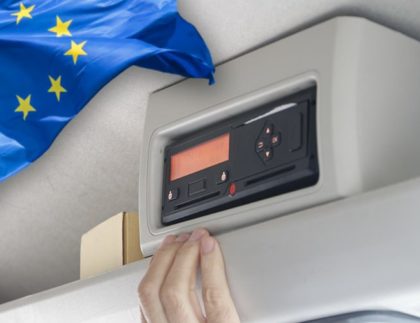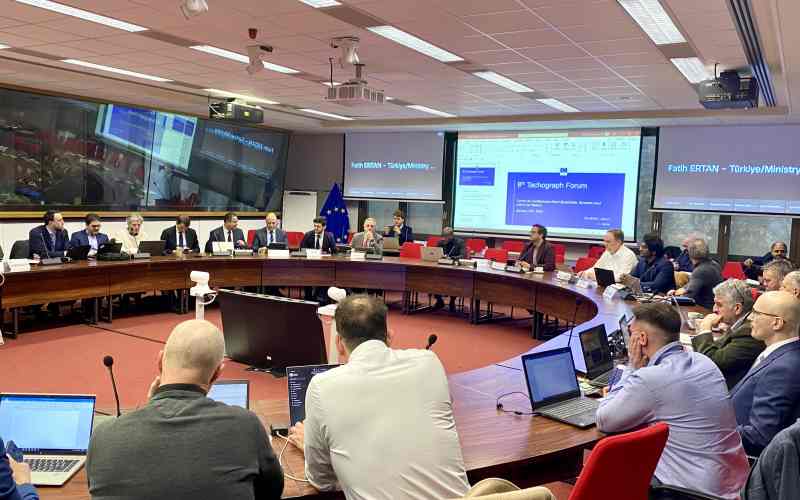

Extended works on the location signal authentication technology – OSNMA; TRACE 2 Project, which broadly discusses and interprets the latest legislation and a discussion and collection of feedback on the introduction of the new G2V2 tachographs. These are the results of the first Tachograph Forum meeting this year, organized by the European Commission, attended among other by participants from Inelo.
To avoid an error
At the beginning of the event, representatives of the European Commission asked the participants to share their experiences in introducing the new G2V2 tachographs. This is a very interesting and positive approach which will set the European Commission to avoid any errors from reoccurring in the future. The discussion itself allowed to find the problems that the transport industry faces. The need was reported to create a list of tachograph errors, so that inspectors on the road can be sure whether they are simply dealing with a tachograph error or perhaps an info about potential tampering that requires them to send the truck to a repair shop. Our representatives, Piotr Żółty and Małgorzata Pander, also remarked that Inelo as a software manufacturer needs appropriate time after the new tachographs appear on the market to prepare the required functionalities in the new TachoScan version. Larger inspections are in a similar situation as well, requiring even several months (up to half a year) to install the Inelo software update on all computers.
OSNMA functionality delayed
Any news about the OSNMA function, expected by the end of 2023? According to declarations, the service request and technical documentation should be published in March and since then tachograph manufacturers will have 5 months (until the end of August 2024) to prepare the tachographs for sale. This, however, was met with objections from tachograph manufacturers that 5 months are insufficient for them to obtain full JRC certification for the new tachographs with OSNMA. ACEA, an organization of truck manufacturers, also voiced its concerns, namely that they won’t be able to install the new tachographs in the trucks so quickly, and consequently will need appropriate time for installation before they start to roll out vehicles with the new tachographs.
Costs for the carriers
Retrofitting also caused a discussion regarding repair shops, where regular calibration lasts approx. 2–3 h, while retrofit, i.e. replacement of the whole tachograph, will last a whole day. Furthermore, not every vehicle can be equipped with the newest devices. Transport companies, as the party bearing the costs of their replacement, also voiced their objections. Currently the only country to have started supporting its transport companies and participate in tachograph replacement costs is Spain.
Finished TRACE 2 Project and blocked amendment to AETR agreement waiting for a solution
The recently completed TRACE 2 Project, which broadly discusses and interprets the latest legislation was also brought up during the meeting. TRACE 2 is supposed to become a basis for the creation of inspectors’ training. The next trainings will soon be organized by ELA (European Labor Authority): in Warsaw on 7–8 February 2024 for control authorities and online on 8 February 2024 for carriers and social partners. Unfortunately, what remains unsolved still the issue of the amendment to the AETR agreement, which ultimately is to be identical with Regulation 561/2006. Currently, Russia and Belarus are blocking any actions and sadly the EU Members States have their hands tied.
